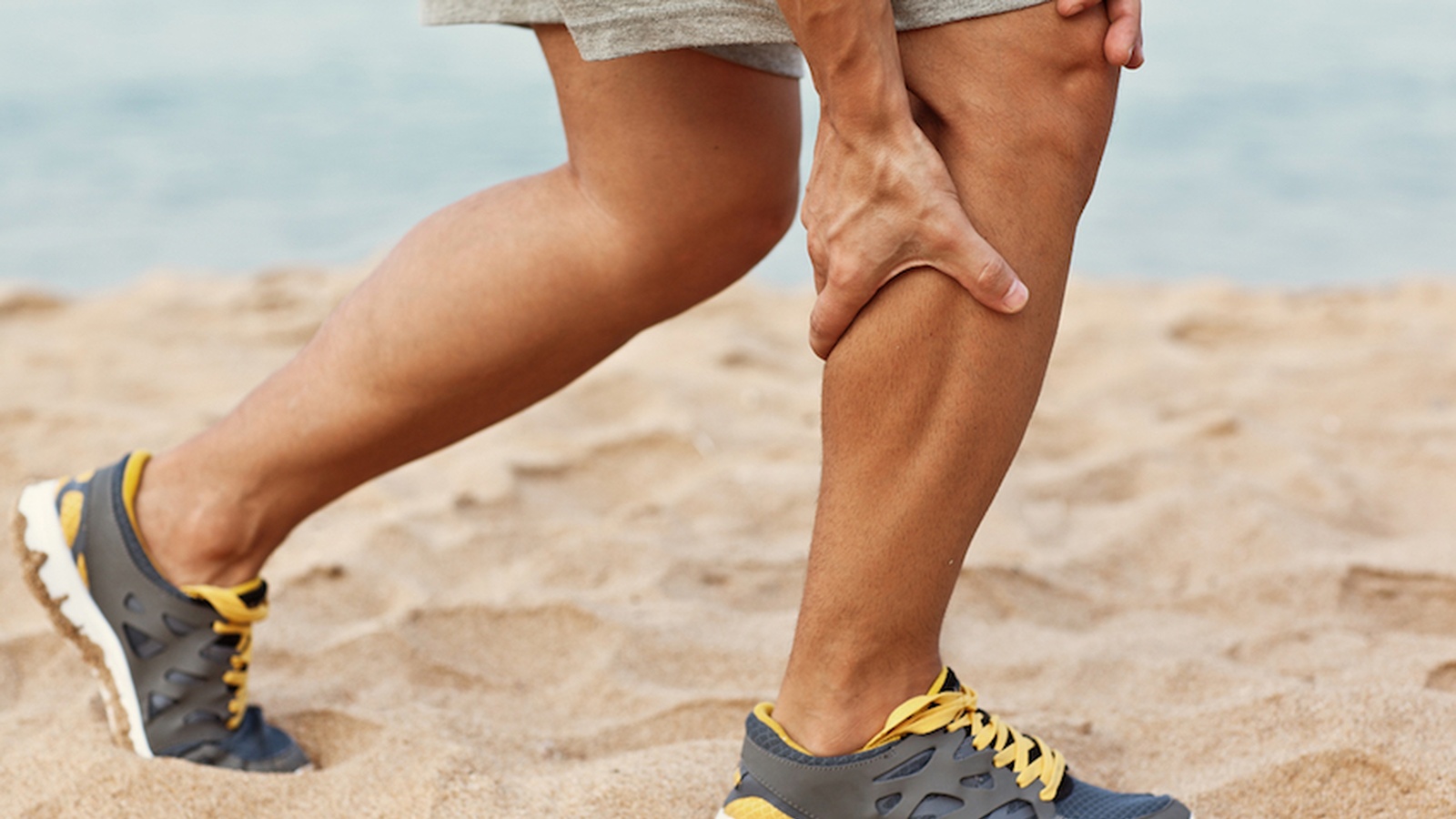10 Warning Signs You’re Chronically Dehydrated Without Knowing It
Dehydration is simply when your body does not have as much water and fluids as it should. Water makes up 60-80% of our entire body mass, so it makes sense that when we don’t consume enough, all kinds of issues start to occur! Consuming plenty of water each day is critical for your body to work at its best, so if you’re not getting enough, your body sends a whole range of signs that let you know you need to top up!
1. Your Head Is Pounding
Your body is constantly using up the liquid in your body, consisting not just of water, but essential mineral salts such as sodium and potassium. When your hydration levels drop, a chemical reaction occurs in your blood which your brain is highly sensitive to. Your brain reacts by triggering a headache. The headache gets worse the more water you lose, as the more your blood volume drops, the less oxygen flows to your brain. This causes your blood vessels to dilate and your headache to get worse!
2. Pipes Are Clogged
Water helps move food waste through your bowels and out your body. If you don’t have enough water in your system, it won’t be able to move your food waste efficiently, resulting in constipation.
3. Standing Up Makes You Dizzy
Without enough water in your system, your blood volume and pressure drops causing us to feel light headed or dizzy. One of the key signs of dehydration is when you stand up quickly and get a sudden rush of lightheadedness.
4. Hunger Cues Are Increased
Early signs that you need to drink more can be as subtle as feeling peckish more often. If you’ve eaten enough food during the day but still feel the need to keep snacking, especially on water-based foods such a fruit, this your body’s gentle indicator that you don’t actually need more food, you’re just dehydrated! Try a glass of water instead and see for yourself!
5. Your Pee Is Extra Yellow
An obvious sign of dehydration is when your pee has turned a darker shade of yellow. This means your urine is over-concentrated with waste. This happens because water helps to flush out waste efficiently. When you’re fully hydrated, there’s a higher ratio of water to waste, turning it a lighter colour, and flushing out your system more effectively.
6. All You Can Think About Is Sleep
When you can’t shake feelings of fatigue, it may be time to up your water intake! When you’re hydrated, water moves into your bloodstream from your cells to help maintain the right amount of blood to regulate blood pressure. When you’re dehydrated, your blood volume, and in turn, blood pressure drops, reducing the amount of oxygen content in the blood as well. This lack of oxygen slows our muscle and nerve functions, making us easily fatigued!
7. Things Are Heating Up
Your body requires adequate water to regulate body temperature. When we overheat, we sweat! Sweat helps the body to lower its temperature through evaporative cooling. Because sweat is mostly made up of water, when you’re dehydrated, you won’t sweat much, and can quickly overheat.
8. A Dry Mouth Sets In
An obvious indicator that your body is desperate for hydration is a dry mouth and slightly swollen tongue. Your mouth is a naturally moist environment, so when it’s dry, it’s time to grab a glass!
9. Muscles Start Cramping
Adequate hydration and electrolyte balance is essential for proper muscle contraction. When you’re dehydrated, your electrolyte balance is affected. When sodium and potassium stores are low, you can end up with painful muscle spasms! If fluid levels are low, a muscle or even just a section of muscle can contract or spasm involuntarily. Hydrating can help prevent continued cramping, so drink up!
10. Your Skin Just Isn’t Bouncing Back
To keep skin looking young and to prevent sagging, hydration is important. A simple test to see if you’re dehydrated is the ‘pinch test’. Pinching your skin to see how fast it bounces back. If it snaps back to normal quickly, you’re hydrated. If it takes a while, you’re likely in need of some hydration! This likely occurs with moderate to severe dehydration (10-20% or more of your body is dehydrated), for example, heat stroke and excessive perspiration. Hydrate immediately but slowly to prevent shock changes in blood volume and pressure.
Are you getting all the nutrients you need? Take the quiz to find out!
Do you have a passion for nutrition & natural healing?. Learn more about the Food Matters Nutrition Certification Program here.


